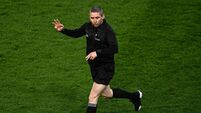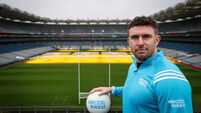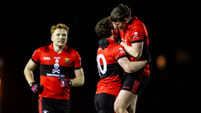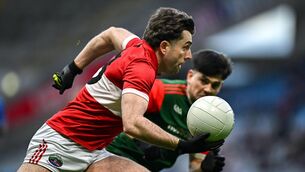Cork’s journey from zero to heroes

Last year’s loss to Tipperary saw Cork record their joint second lowest championship score in 20 years, their 0-13 total emulating their paltry total against Clare in the 1998 Munster opening round and the 1999 All-Ireland final winning tally. Twelve months on, and in beating Tipperary, the Rebels hit 2-27, their joint highest SHC tally in five years, replicating the 2012 qualifier total against Wexford.
Last year, we mentioned the irony of Diarmuid O’Sullivan being part of a management team that advocated the use of a sweeper when he himself had criticised it as a punter in 2015 while watching the Galway-Tipperary All-Ireland semi-final.














